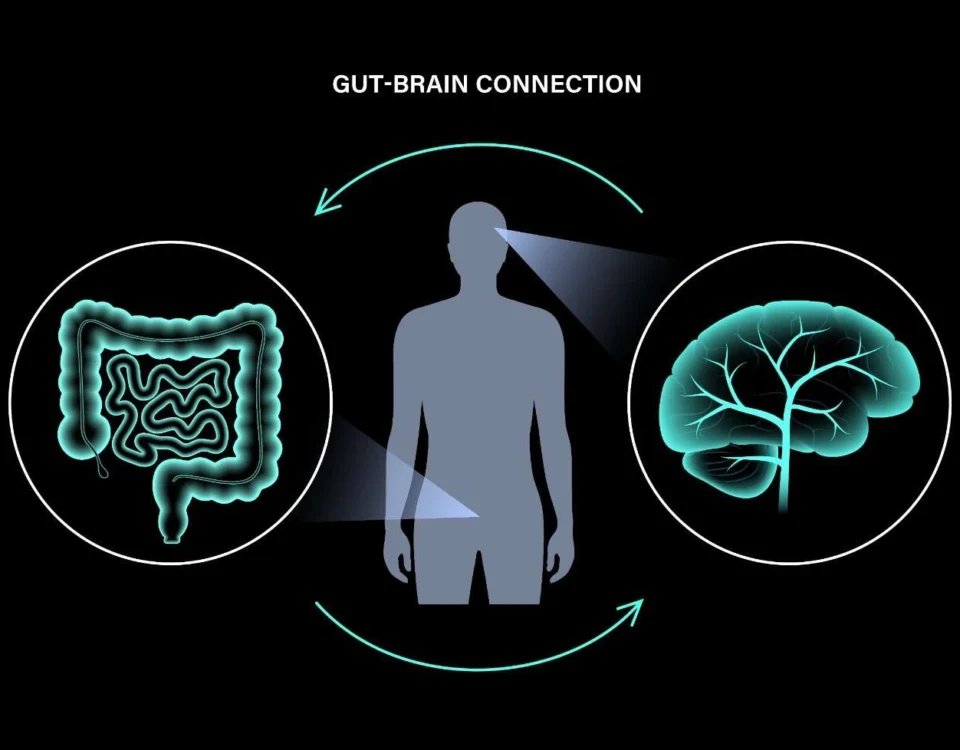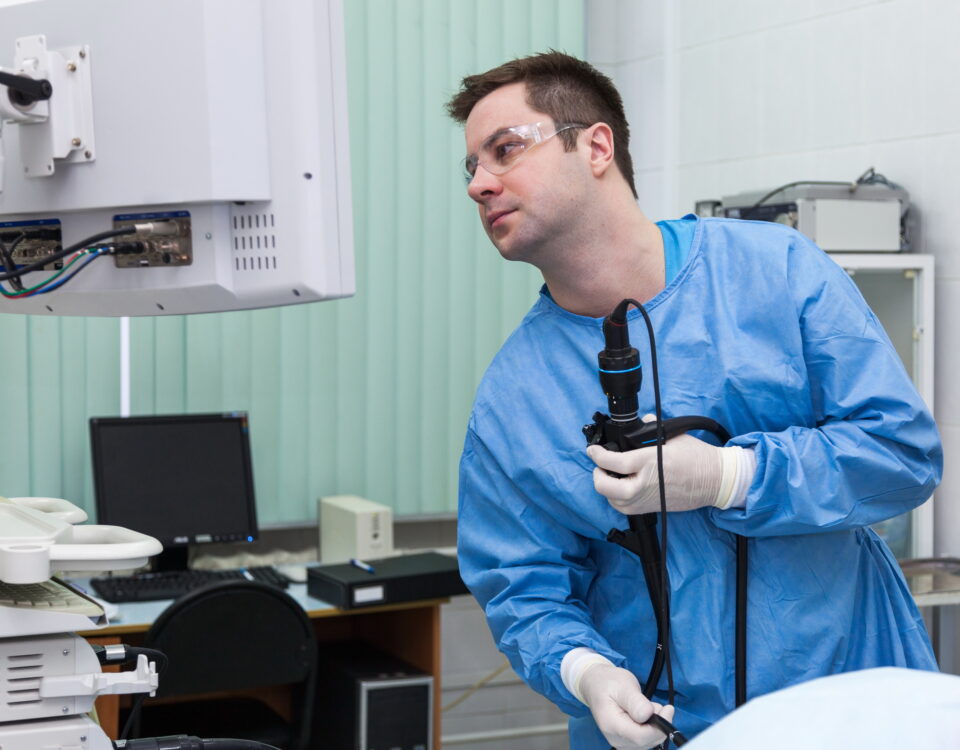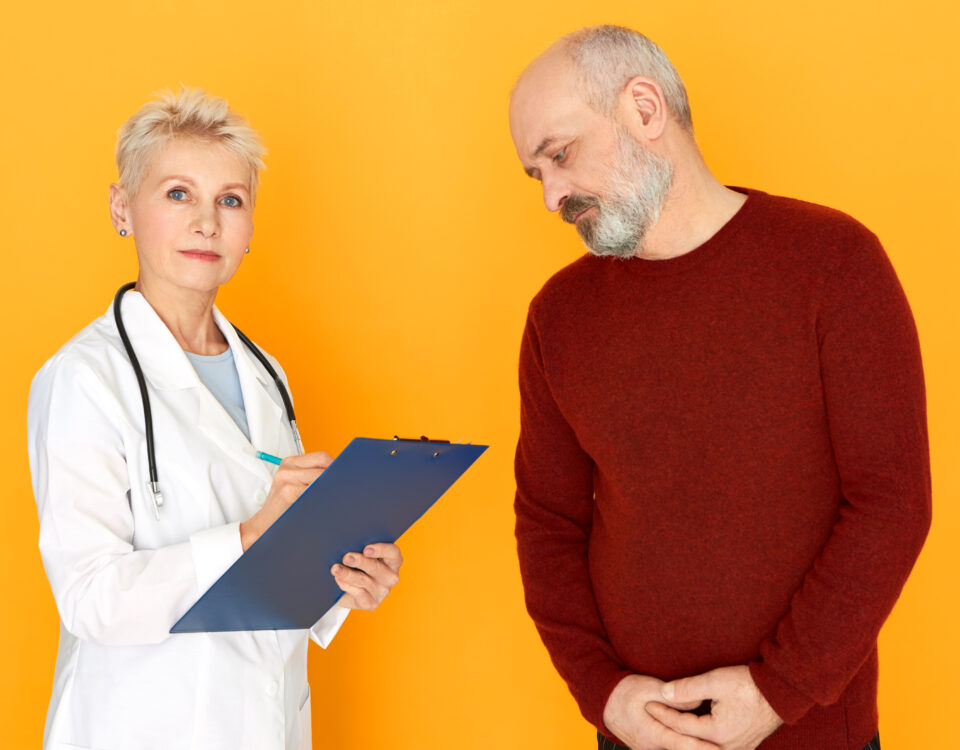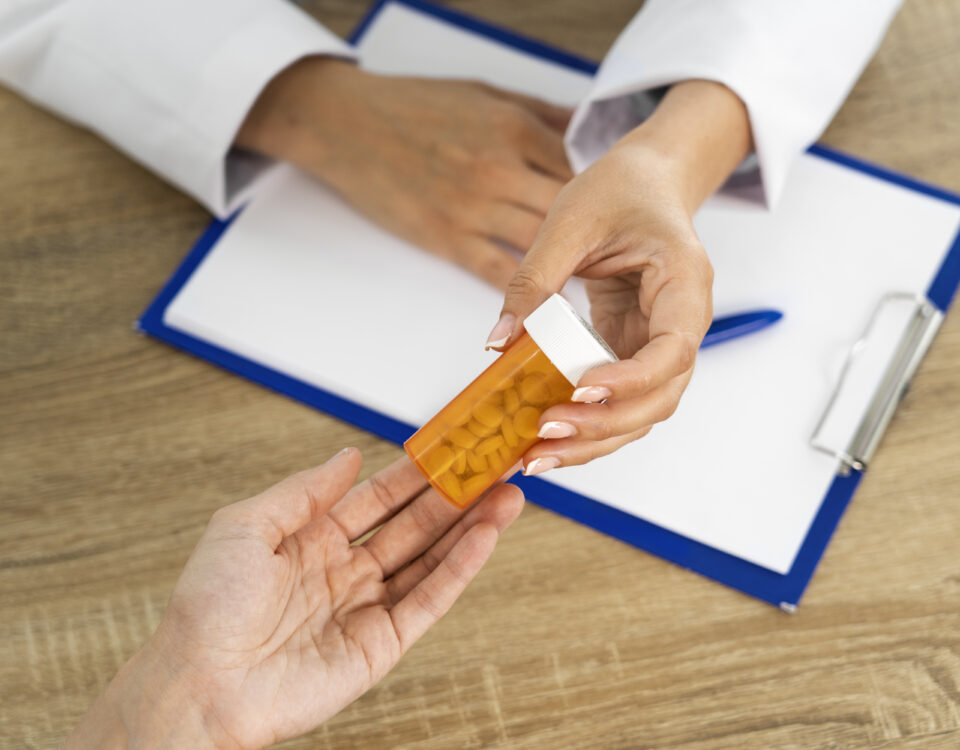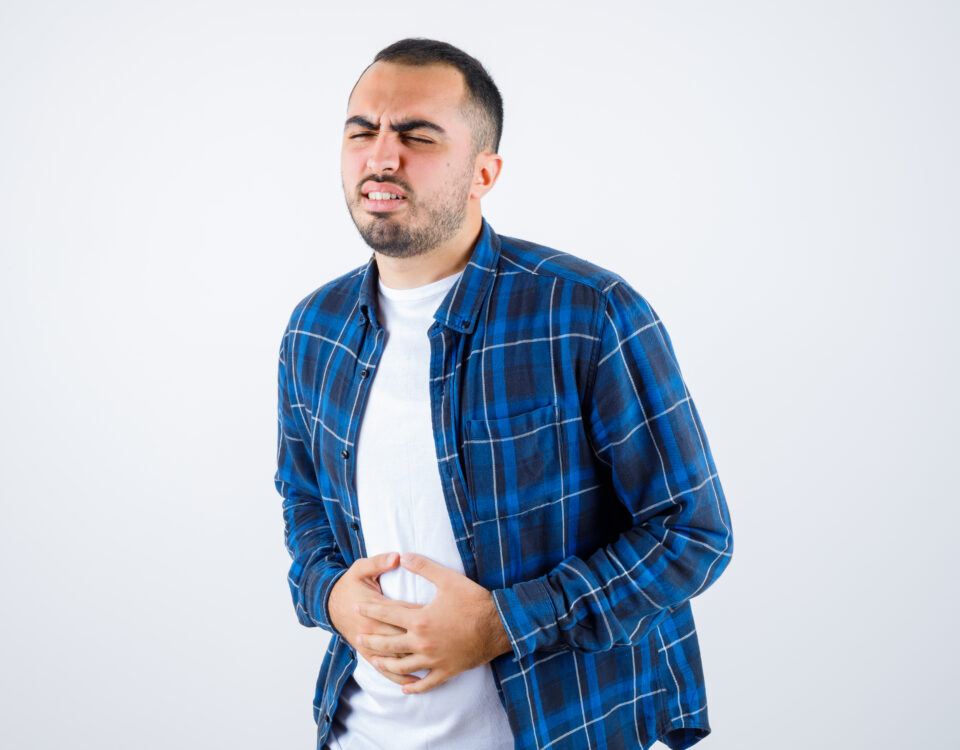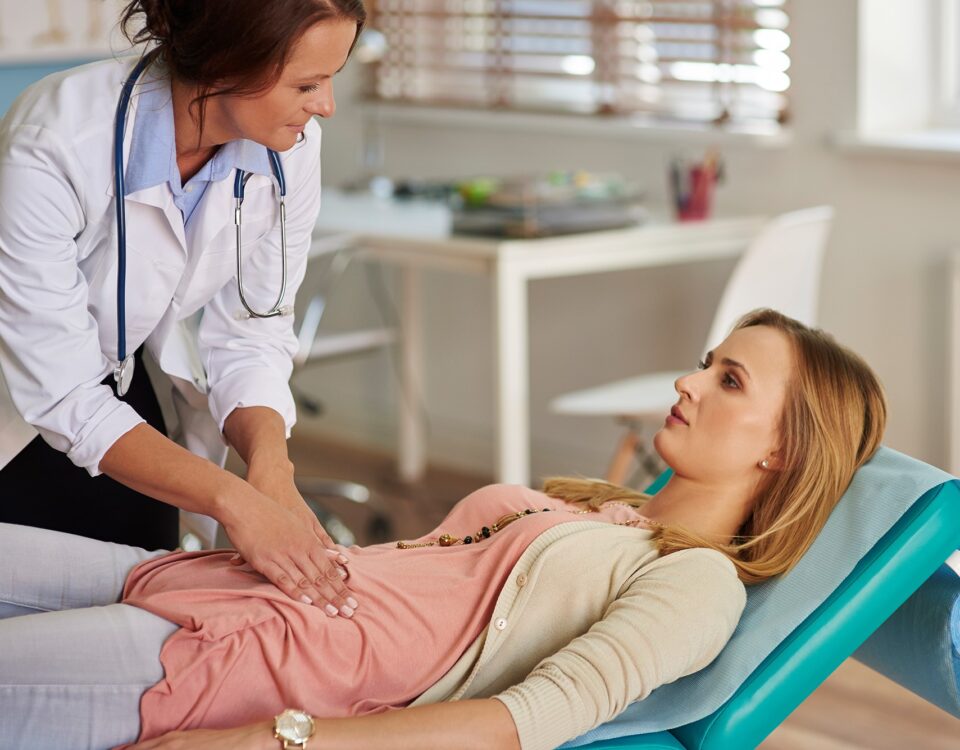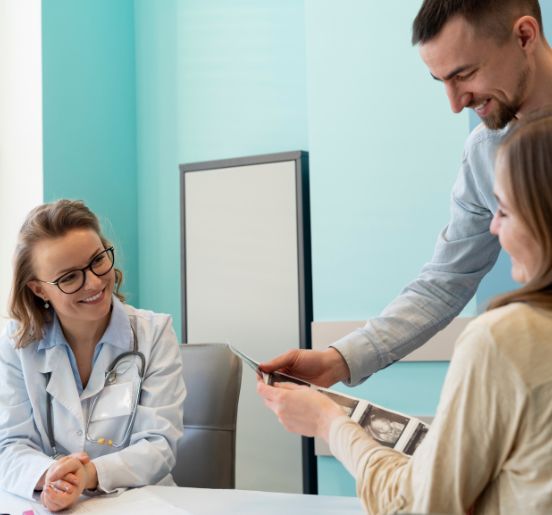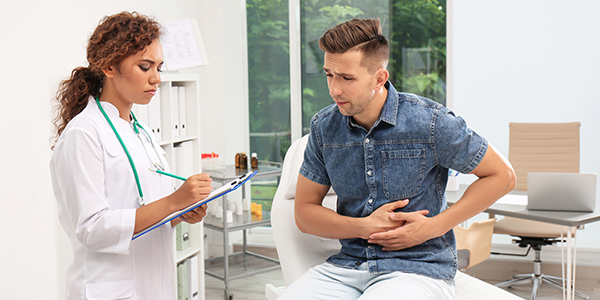Unveiling the Upper Endoscopy Procedure
Discover the intricacies of the upper endoscopy procedure at Vanguard Gastroenterology Clinic in New York, NY. Our team of experienced gastroenterologists provides in-depth insights into this diagnostic examination, ensuring you have a comprehensive understanding of what to expect during the process.
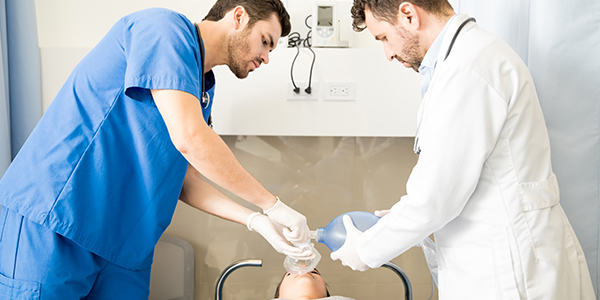
At Vanguard Gastroenterology Clinic, our Upper Endoscopy Procedure service is designed to provide you with a comprehensive assessment of your upper digestive tract. Our team of skilled gastroenterologists utilizes state-of-the-art technology to perform this diagnostic examination, allowing for a thorough evaluation of your digestive health.
Understanding the Upper Endoscopy Procedure
An upper endoscopy, also known as an esophagogastroduodenoscopy (EGD), is a minimally invasive procedure that enables gastroenterologists to examine the lining of your esophagus, stomach, and the first part of your small intestine (duodenum). This procedure is performed using a flexible endoscope, a thin tube with a camera and light at the tip, which is gently passed through your mouth and down the esophagus.
The Importance of Upper Endoscopy for Digestive Health
Upper endoscopy plays a critical role in diagnosing and evaluating various gastrointestinal conditions. It is commonly used to investigate symptoms such as persistent heartburn, difficulty swallowing, abdominal pain, unexplained weight loss, or gastrointestinal bleeding. If you are experiencing any of these symptoms, schedule a GI Consult Additionally, upper endoscopy is essential for detecting conditions such as gastroesophageal reflux disease (GERD), peptic ulcers, gastritis, and early signs of esophageal or stomach cancer.
The Upper Endoscopy Procedure Process
Before the procedure, your gastroenterologist will explain the details of the upper endoscopy and answer any questions you may have. You will typically receive sedation to ensure your comfort during the examination. Once you are comfortably sedated, the endoscope will be gently inserted through your mouth, allowing the gastroenterologist to view the upper digestive tract in real-time on a monitor. If necessary, biopsies may be taken during the procedure for further evaluation.
Expert Guidance and Care
At Vanguard Gastroenterology Clinic, our experienced gastroenterologists are highly skilled in performing upper endoscopy procedures with precision and care. We prioritize your safety and comfort throughout the process, and our patient-centric approach ensures that you receive personalized attention and support.
Post-Procedure Recovery
After the procedure, you will be monitored in a recovery area. For additional support during recovery, you may consider IV Therapy, which helps with hydration and overall well-being until the sedation wears off. You may experience mild bloating or a sore throat, which typically subsides within a short period. Your gastroenterologist will provide post-procedure instructions and discuss any findings with you during a follow-up appointment.
Take Control of Your Digestive Health
If you are experiencing gastrointestinal symptoms or need an evaluation of your upper digestive tract, schedule a consultation for the Upper Endoscopy Procedure at Vanguard Gastroenterology Clinic. Our skilled team is here to provide you with expert insights and a comprehensive assessment, supporting you in achieving optimal digestive health.
Frequently Asked Questions (FAQs)
How is the Upper Endoscopy Procedure performed?
During the procedure, the patient is usually sedated to ensure comfort. A thin, flexible endoscope is inserted through the mouth and gently passed down the esophagus to visualize the upper digestive tract.
Is the Upper Endoscopy Procedure painful?
No, the procedure is not painful due to the use of sedation or anesthesia. Most patients feel comfortable and relaxed during the examination.
Are there any risks associated with an Upper Endoscopy?
While an upper endoscopy is generally safe, there are some risks, including bleeding, perforation (tear), or adverse reactions to sedation. However, these complications are rare and carefully managed by the gastroenterologist.
How long does the Upper Endoscopy Procedure take?
The duration of the procedure typically ranges from 15 to 30 minutes, depending on the individual case and any additional procedures, such as biopsies, that may be required.
Are there any specific preparations for an Upper Endoscopy?
Yes, your gastroenterologist will provide you with detailed instructions on fasting and other preparations before the procedure to ensure a clear view of the upper digestive tract.
Can I eat or drink after the Upper Endoscopy?
After the procedure, you will be monitored until the effects of the sedation wear off. You will be given post-procedure instructions, including when and what you can eat and drink.
How soon will I receive the results of the Upper Endoscopy?
Your gastroenterologist will discuss the initial findings with you immediately after the procedure. If any biopsies were taken, the final results may take a few days to be available.


